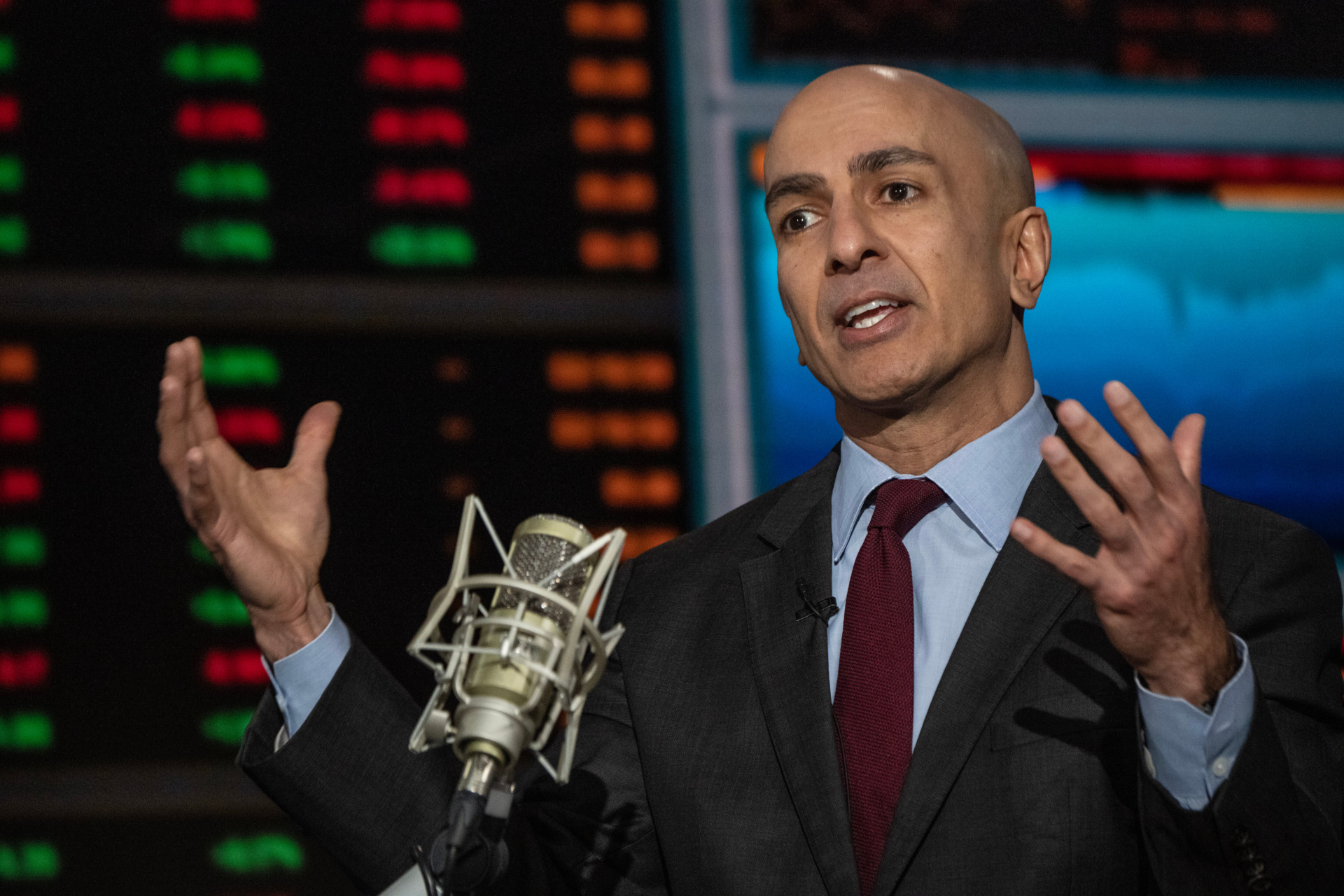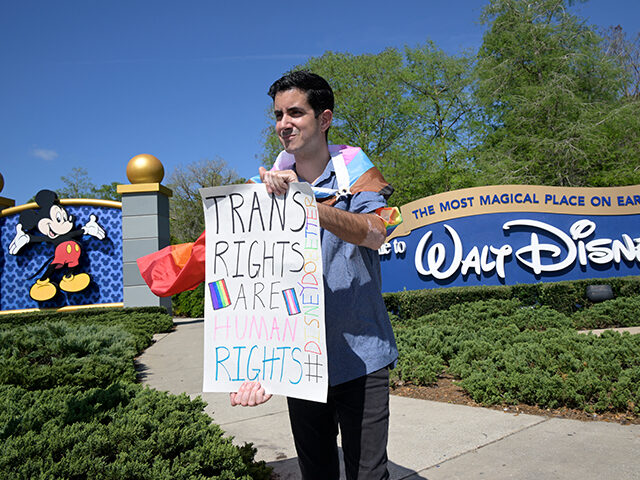Can Disney’s Pepsi Challenge Fix the Magic Kingdom?
It is going to take more than a better finance chief to bring the magic back to Walt Disney Co.
The once magic kingdom announced this week that it had selected PepsiCo executive Hugh Johnson as its next chief finance officer. The hope is that the well-regarded Johnson, who has been the CFO of PepsiCo since 2010, will restore some investor confidence in Disney.
That may be wishful thinking. Disney is beset by far deeper problems than even the best CFO could possibly be expected to remedy. The company is possessed by the poltergeist of wokeness that has been destroying its top franchises from within.
It is not necessary to go through the deep history of the immolation of Star Wars or the Disney princesses or Marvel superheroes to make this point. Look no further than Disney’s upcoming sequel to Capital Marvel titled The Marvels. The movie cost more than $200 million to produce and millions more to market. The early word is that the movie will take in less than half the opening weekend box office of its predecessor.

Actress Brie Larson in Disney’s “The Marvels” (Marvel Studios)
Disney’s live-action version of Snow White, now scheduled for release in 2025, has all the makings of the biggest flop since Disney’s live-action Little Mermaid.
A big problem is that many American families have lost their faith in Disney. Its movies are now embedded in a style of leftwing politics that many Americans find insulting. The movies all carry messages that comfort the moral and political views of the far left and take no notice—or even attack—those of conservatives and moderates. Even worse, the executives and movie makers at Disney seem blind to their own political biases, making this an almost impossible problem to correct.
Disney’s problems go deeper than politics, of course. The big releases have been overly reliant on visual effects that make many scenes look more like video games than major films starring real-life actors. The company appears to have a culture of silencing internal critics. Disney’s streaming strategy has gone awry by offering an array of spin-offs for Marvel and Star Wars that are more confusing than the multiverse films. Even some ardent fans have just stopped trying to keep up.
Could Johnson restore the luster to the magical kingdom’s crown? Chief executive Robert Iger, age 72, will only be on the throne for a few more years. It is possible that he is grooming Johnson as his successor. Investors will want to watch whether Johnson displays the strength of character to stand up to those within the company that want it to be a force for their version of “social justice” instead of a profitable entertainment business.
The Fed Funds Rate Also Rises
Federal Reserve officials have begun to push back against the market’s conviction that their benchmark interest rate target has nowhere to go but down.
Minneapolis Fed President Neel Kashkari, who is arguably the most hawkish voting member of the Federal Open Market Committee, took pains to emphasize the uncertainty the Fed is facing with respect to the economy—and therefore the direction of interest rates.

Neel Kashkari, president and chief executive officer of the Federal Reserve Bank of Minneapolis, speaks during an interview in New York on Nov. 7, 2023. (Victor J. Blue/Bloomberg via Getty Images)
“Ultimately, the economy will tell us how much is needed to get there. And I just don’t know,” Kashkari said in an interview with Bloomberg’s Surveillance program.
Kashkari pointed out that inflation is still running well-above the Fed’s inflation target. “We’re not there yet and if we need to do more, we will,” he said.
When asked about the idea that the Fed is on track to cut rates in the first half of next year, Kashkari said he has “no idea where market participants are getting that.”
“There’s no discussion among me and any of my colleagues about when we are going to start preparing to cut rates,” Kashkari said.
WeWork Did Not Work Out
WeWork has officially filed for bankruptcy, surprising many people who had assumed the company was already bankrupt.
The office rental company was sometimes described as “Uber for offices.” In many ways, however, it was the opposite of Uber. Where Uber operates with a relatively small capital investment because its drivers supply the investment in vehicles, WeWork was taking on the duration risk and capital costs of signing on to long-term leases. Uber’s model provides it the flexibility to survive downturns in use of ride hailing services; WeWork’s model made it extremely vulnerable to the downturn in the use of office space.
WeWork imagined it was anything but a conventional office rental business, claiming it was on a mission to “elevate the world’s consciousness.” It’s demise might serve as a warning to investors about companies that lose track of their business mission in favor of an agenda of world improvement.

COMMENTS
Please let us know if you're having issues with commenting.